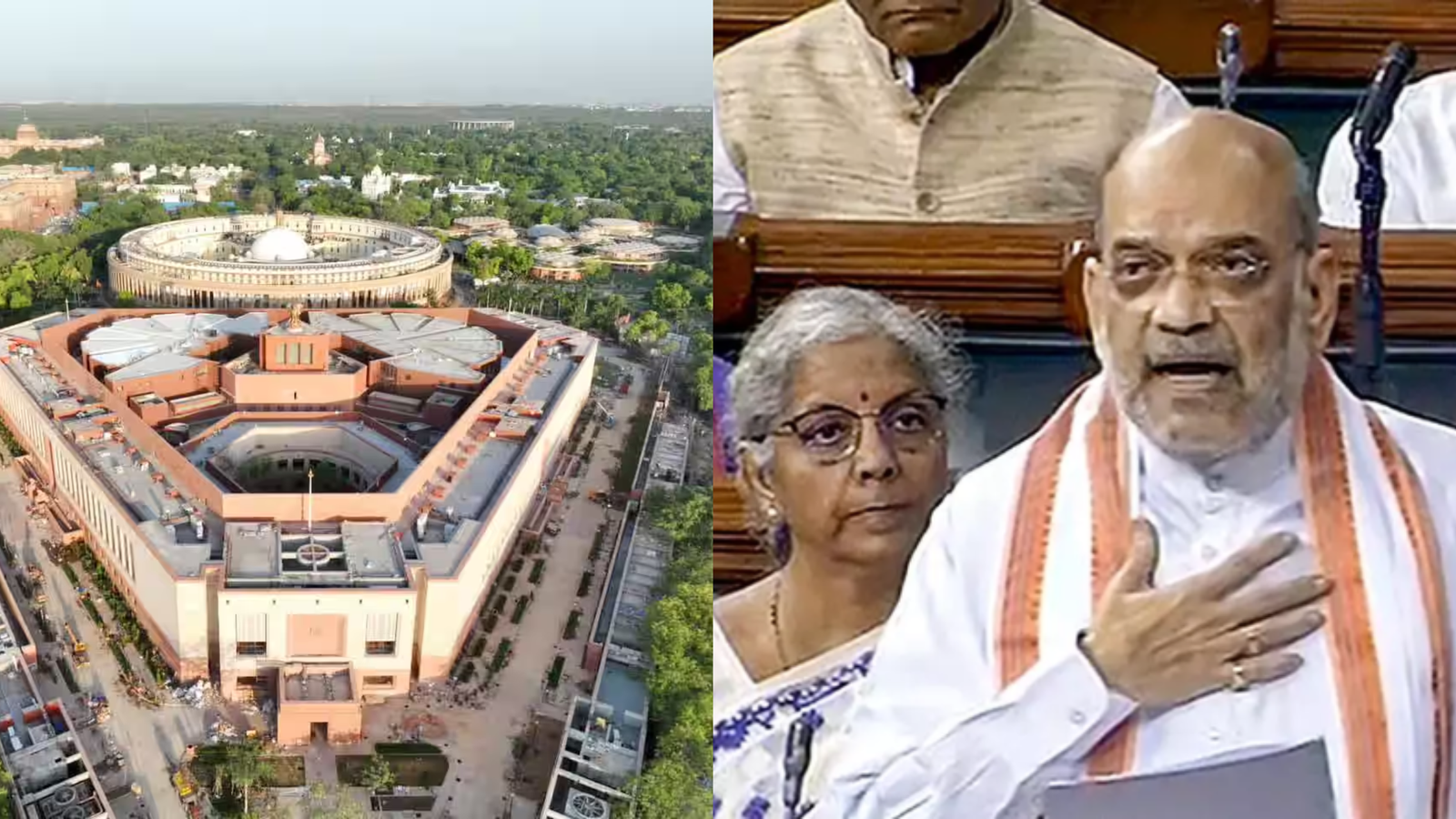A Historic Shift in Legislation
Union Home Minister Amit Shah introduced three groundbreaking Bills in Lok Sabha, signaling a historic overhaul of India’s colonial-era criminal laws. The Bharatiya Nyaya Sanhita (BNS), Bharatiya Nagarik Suraksha Sanhita (BNSS), and Bharatiya Sakshya (BS) Bill aim to replace the archaic Indian Penal Code, Code of Criminal Procedure, and Indian Evidence Act.
Modernizing Justice: A Multifaceted Approach
The Bills usher in a new era of criminal jurisprudence, addressing a myriad of issues. From combatting mob lynching to incorporating technology-driven solutions like video trials and e-FIR filing, the reforms strive for a swifter and more just legal system.
Empowering Justice: Protecting Rights and Values
Shah emphasized that the new laws prioritize citizens’ rights, casting aside punitive colonial objectives. With an eye on the constitutional principles of sovereignty and unity, the legislation expands definitions, empowers women against exploitation, and defines terrorism for the first time.
Swift and Accessible Justice: A Constitutional Promise
The Bharatiya Nagarik Suraksha Sanhita sets strict timelines, aiming to deliver justice within three years. Proposing a trial in absentia for fugitives like Dawood Ibrahim, the legislation aims to ensure accountability regardless of the accused’s whereabouts.
Balancing Punishment and Reform: Ending Misuse
The Bills introduce measures to prevent political misuse of punishment waivers. Death sentences can only be commuted to life imprisonment, and such commutations are permissible within seven years of the original sentence.
Conclusion: A Pioneering Leap Towards Justice
India’s decision to replace outdated colonial laws with modern, citizen-centric legislation reflects a commitment to justice, integrity, and progress. As the Bills undergo review, the nation stands on the cusp of a transformative era in criminal justice, fulfilling constitutional aspirations and modern values.







